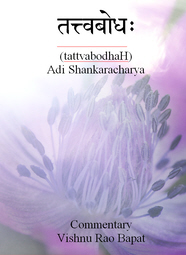We haven’t discussed this favorite topic in Advaita for some time! This is an article I wrote for Yoga International over 12 years ago but it only appeared on-line for a short time at Advaita Academy.
Why do you act the way that you do? If it is because you feel you ought to do something, you probably recognize there is little free will involved. You are being ‘coerced‘ by society or family, or influenced by concerns over what might happen if you don’t act in that way. On the other hand, if you do something because you want to, then perhaps you believe you are exercising free will. But is this true even when you trace the source of your desire? For example, you see a cream cake in the window of a shop, and the thought arises, ‘I would like some cake.‘ Did you freely choose to have that thought? Indeed, can you choose to have any thought? Do they not simply ‘arise‘?
Anyone who has thought deeply about spiritual matters knows that one of the fundamental problems is how to reconcile our day-to-day experience with claims about God or a nondual reality. The first level seems concrete and demonstrable while the second is speculative, to say the least. Among the Indian philosophies, advaita Vedānta is the only one that speaks of ‘orders‘ of reality. There is the absolute nondual reality (paramārtha); the empirical level (vyavahāra); and the illusory level of dreams (pratibhāsa). Correctly differentiating among these levels is essential if we are to understand the subtleties involved in the question of free will.




